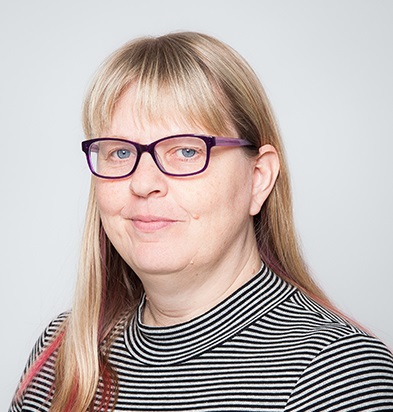Without Subject Specialists In Schools, There Wouldn’t Be Any In Universities – So How About A Little Respect?

Do not underestimate teachers, says Helen Mears

- by Helen Mears

Teachers: Where do you see yourself within the broader arc of your subject as a discipline?
Are you an academic or ‘just’ a subject specialist? At the very least, you have a degree in a related subject and probably a PGCE through which you valiantly served – a St George or Daenerys Targaryen taming so many adolescent dragons in search of the grail of QTS. I have always thought of myself as an academic, bearing the badges of honour of my subject and profession, selflessly passing the standard to the next generation of scholars.
So far, so good
However, I recently attended a three-day conference led by one of my subject’s many associations. Its aims were lofty, to “celebrate the discipline’s intellectual strength, diversity and creativity and explore its futures”; the scope was broad to include subject specialists at all levels from primary to graduate to post-graduate and beyond. The actuality was a little more predictable.
Held in early July, term time, the vast majority of attendees were from universities, a mere handful of teachers (those whose cash-strapped institutions had released them and paid their conference fees) scattered amongst them. Most of the speakers were affiliated to universities and hallowed institutions, discussing their research and well-funded academic projects
Amongst them I, a humble supply teacher, delivered a session on teaching my specialism to years 6 and 7. Sadly most teachers of year 6 and 7 were doing precisely that; teaching 10 and 11-year olds through the dog days of the summer term.
Crumbs from the table
On the third day of moving amongst the discipline’s finest intellectual minds I took myself, somewhat reluctantly, to a session on “outreach to secondary schools”. This featured several university lecturers who were developing projects with local schools in a bid to increase (alarmingly declining) participation in the subject at degree level.
Again, so far, so good – until something in the language used by the lecturers began to grate. They were ‘academics’ deigning to work with ‘teachers’ to encourage higher level engagement with the subject.
There was something vaguely patronising in the way the word ‘teacher’ was used, implying something very different from an academic, and as though we needed help in enthusing our A Level students to begin their own academic journey (another cynical voice in my head suggested this outreach’s primary aim was to provide funds to allow their ‘academic’ research to continue).
What struck me most, was the ‘academics’’ almost total lack of knowledge on how the subject is taught at secondary level: of what ‘teachers’ actually do; of how much work is involved in speedily adapting to the latest whim of a Secretary for Education who has never stood in front of a fire-breathing year 9 class; of the relentless tide of CPD dealing with the latest round of ‘this is how you should plan a lesson to be outstanding’; of the ever-moving goalposts that define that hallowed term – and of the consequences of failing to reach it.
Studying never stops
We – classroom teachers – are academics. We study constantly. Our subjects are always developing and we have to keep up with those developments. Education theory does not stand still and we are duty bound to stay firmly in touch with the next great idea.
Recently I, along with several other inspirational teachers, worked through a part-time Masters in teaching my specialism, engaging with the latest ideas about pedagogy, experimenting and researching with new teaching ideas. We are not alone. There are teachers up and down the country taking MAs and PhDs, combining these with a near impossible workload; writing dissertations and theses whilst mentoring students through A Level coursework and keeping on top of lesson planning and KS3 and 4 marking.
We are subject specialists. We are academics. Is there really that much difference between a university lecturer and a secondary school teacher? After all, they rely on us for their continued survival. If I may quote Ed Sheeran, a very successful product of the high school system, ‘you need me but I don’t need you.’ Do not underestimate ‘teachers’.
Helen Mears is a secondary teacher who likes Shakespeare and Ed Sheeran.











